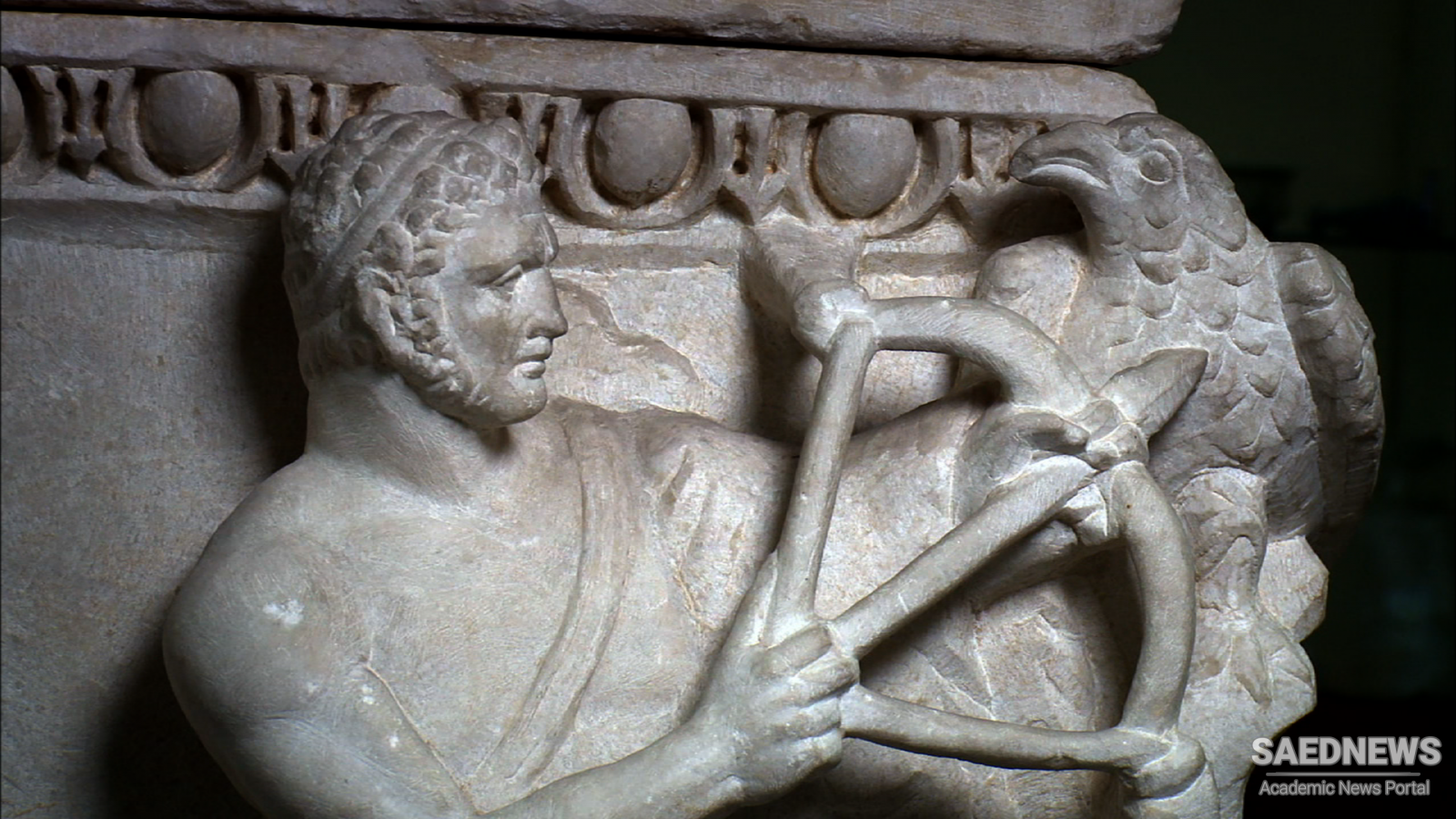Greek settlers in Iran wanted to remain Greeks. Alexander's colonists demanded "A Greek education and a Greek way of life" in Iran and after Alexander's death some of them began to return home, since they felt deprived of Greek civilization. Thus, a school, a sports centre (gymnasiori) and a theatre were built on the Oxus and Greek athletic games were held on Bahrain island in the Persian Gulf. The Delphic maxims were inscribed on the walls of the funerary monuments of the Thessalian founder of a Greek settlement on the present Afghan-Soviet frontier. Yet, the Greek settlements and cities were only islands in the Iranian sea, where the Greek language was hardly known and Greek mores were alien and probably distasteful. In fact, two worlds, the Greek and Iranian, co-existed in Seleucid Iran. Of course, the Greeks exploited the land; in a small Greek city on the Oxus there were buildings of a size unheard of in Greece, except for temples. For instance a court of about 137 metres by 108 metres was framed by 116 columns. But for the tax-payer it was unimportant whether his money was spent on a Seleucid or on an Achaemenian colonnade. What counted was that the money was spent in Iran and not in some distant mother country of the conquerors. In this way the greater part of the exacted sum returned to the Iranians in the form of salaries, payments for materials, etc. On the other hand the kings did not try to hellenize their Iranian subjects. The Seleucids lacked the Christian zeal of converting the infidels to the sole true faith or to decent plumbing. The Seleucid kings left people as they had been before the Macedonian conquest; busy with wars and other pressing matters, they had no time and no means, even if they had had the inclination, to meddle in the daily life of their subjects in remote Iran. A royal order issued in western Asia Minor took some fifty days to reach the authorities in Media. Edmund Burke said that distance must weaken authority; 'the Seleucids learned by experience that this was the "immutable condition" of their extensive and far-flung empire'.


 Seleucids, Rule of Force and Hellenization of Persia
Seleucids, Rule of Force and Hellenization of Persia














































